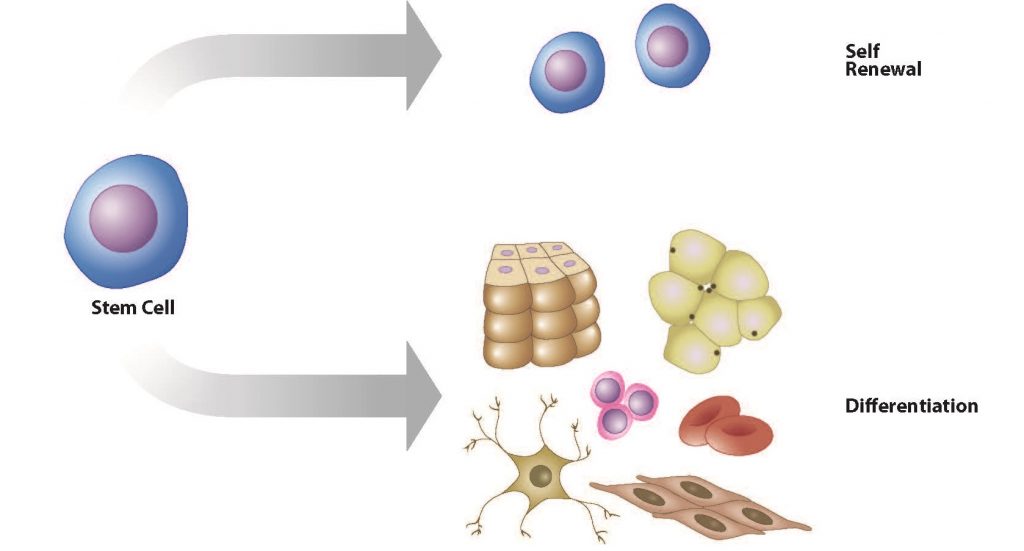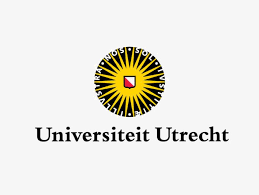
10 Dec Unprecedented cooperation cracks the programming of the cell
An international consortium including Prof. Albert Heck and former lab members Javier Munoz and Marco Benevento, has uncovered the molecular events underlying the biological processes of the creation of stem cells from specialized (e.g. skin) cells, a process called cellular reprogramming. The team also discovered a new type of stem cells termed F-class that have unique properties compared to the previously known stem cell types. This opens up new avenues for generating useful “designer” cells, which might not necessarily exist in the body or during development but could be safer and more efficient when used for drug evaluation in personalized therapy. The importance and anticipated impact of this research is supported by the unprecedented coordinated publication of 5 scientific articles in Nature and Nature Communications on December 10, 2014.
The research project involved a collaboration of 27 expert key researchers in stem cell biology, proteomics, epigenetics and RNA biology. ‘This is the first time an integrative biology study was carried out so comprehensively. Our team has catalogued every major biological checkpoint of the reprogramming process, identifying which combination of genes and proteins, and modifications thereof, are associated with each step. By doing this, I truly believe you can say we cracked the programming of the cell’, says Dr. Albert Heck, Professor of Biomolecular Mass Spectrometry and Proteomics at Utrecht University.
More economically
The extremely in depth analysis of the process of reprogramming specialized cells into stem cells focused on learning how to control the paths to either the new F-class stem cell versus “traditional”, embryonic-like stem cells. Comparing the two cell types revealed that the new class of stem cells is easier, less expensive and faster to grow compared with the embryonic-like stem cells. Because of these properties, the new “F-class” stem cells can be produced more economically in very large quantities, which will speed up drug screening efforts, disease modelling and eventually the development of treatments for different illnesses.
Clinical Implications
Stem cells hold promise for future medicine aiming to treat and cure currently incurable diseases such as blindness, Parkinson’s, Alzheimer’s, spinal cord injury, stroke, diabetes, blood and kidney diseases, which are associated with tissue damage and cell loss. The uncovered detailed knowledge of cellular reprogramming will help to better understand this process, which is critical to generating safe and highly efficient sources for therapeutic cell production.
Prinicipal investigators
The principal investigators of this project are:
- Cellular reprogramming & and overall project co-ordination: Dr. Andras Nagy, the Canada Research Chair in Stem Cells and Regeneration at the Lunenfeld-Tanenbaum Research Institute, of the University of Toronto, Canada. Nagy established Canada’s first human embryonic stem cell lines and also discovered a new method to create induced pluripotent stem cells.
- Epigenetics: Dr. Jeong-Sun Seo, Professor in the Department of Biochemistry at Seoul National University, College of Medicine, South Korea
- Proteomics: Dr. Albert Heck, Professor of Biomolecular Mass Spectrometry and Proteomics at Utrecht University, the Netherlands. Since 2003, he has also been the scientific director of the Netherlands Proteomics Centre. Dr. Heck is well known for the development of innovative enabling technologies in proteomics and was awarded the HUPO Discovery Award in 2013 and EuPA’s Proteomics Pioneer Award 2014.
- RNA biology: Dr. Thomas Preiss, Professor of RNA Biology at The John Curtin School of Medical Research at The Australian National University in Canberra. Dr Preiss is well known for his research into the patterns and mechanisms of gene regulation at the RNA level with an international profile as one of Australia’s foremost experts in this area.
This research was funded by many sources, but in the Netherlands specifically by the Netherlands Proteomics Centre, by the Netherlands Organization for Scientific Research (NWO) funded large-scale proteomics facility Proteins At Work (project 184.032.201) and by the European Community’s Seventh Framework Programme (FP7/2007–2013) for the PRIME-XS project grant agreement number 262067.
![]()


Sorry, the comment form is closed at this time.